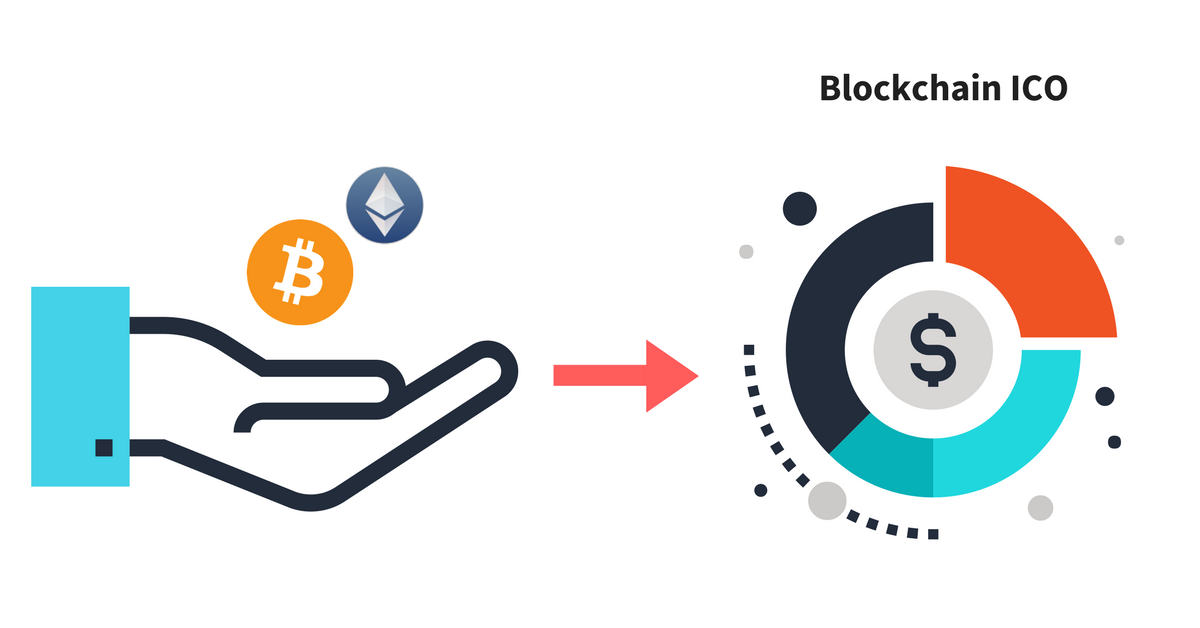FinTech Connect 2025
December 02 - 03, 2025
ExCeL, London, United Kingdom

Cointelligence serves as the data layer for
the crypto economy. But data on its own does no good when people don’t know how
to use it. This is where the concept of “due diligence” comes in. By training
crypto enthusiasts and potential investors on how to do their own research,
it’s possible to give people the tools they need to protect themselves from
fraud and bad decisions.
Let’s look at ICO ratings as an example. On
its surface, an ICO rating is a useful tool. It provides the
basic facts about an ICO, such as the project’s goals, timeline, soft cap, and
hard cap. But it also looks at the quality of the team and the marketing, how
many competitors it have, and whether it’s proposing a unique concept that
would benefit from being used on the blockchain, or an improvement over
existing blockchain solutions.
As such, a single ICO rating serves as a
snapshot of the potential worth of a single ICO. But if we look deeper, it can
be more than that. Each rating tells us not only what is happening with that
project, but also teaches us what we should look for when viewing other ICOs.
It’s hard to decide what is the most important
facet of an ICO, but let’s focus on the team for now. Because a team should
ideally be made of living, breathing human beings, it’s perhaps one of the most
interesting elements of a project. Who are the people behind this thing, and do
they have the skills to get the job done?

There are a few ways that looking into a
project’s team can help people spot a potential ICO scam. For instance, when
there is no team, or the team is anonymous, that can be concerning. Even more
concerning is when a team turns out to be made out of imaginary people, cobbled
together out of random names and images stolen from around the internet.
A team with little or even no experience in
the blockchain or the industry they propose to work in can also be concerning.
It’s not that people can’t learn new skills and new industries, it’s just a
question of whether you would trust those inexperienced people with your
investment. Likewise for team members who don’t have the project listed on
their LinkedIn. Are they not really working on the project, or are they so busy
with work that they forgot to update their profile?
Doing your due diligence means looking at each
piece of the picture and deciding what sort of image it creates. Is a project
mostly sound with one or two small elements that could cause concern, or do you
find problems with every element of the ICO, the more you research?
This is what Cointelligence
aims to teach people. The goal is not to just provide an ICO rating and let
people decide based on that whether a project is worthy, but to demonstrate how
those ICO ratings can inspire you to do your own research. To that end, CEO On
Yavin has spent 2018 traveling to cryptocurrency events around the world,
giving presentations on due diligence and how to spot an ICO scam.
The crypto economy is still widely seen as a
wild frontier town, and as such, it is up to us to learn how to police and
protect ourselves with due diligence and smart thinking.